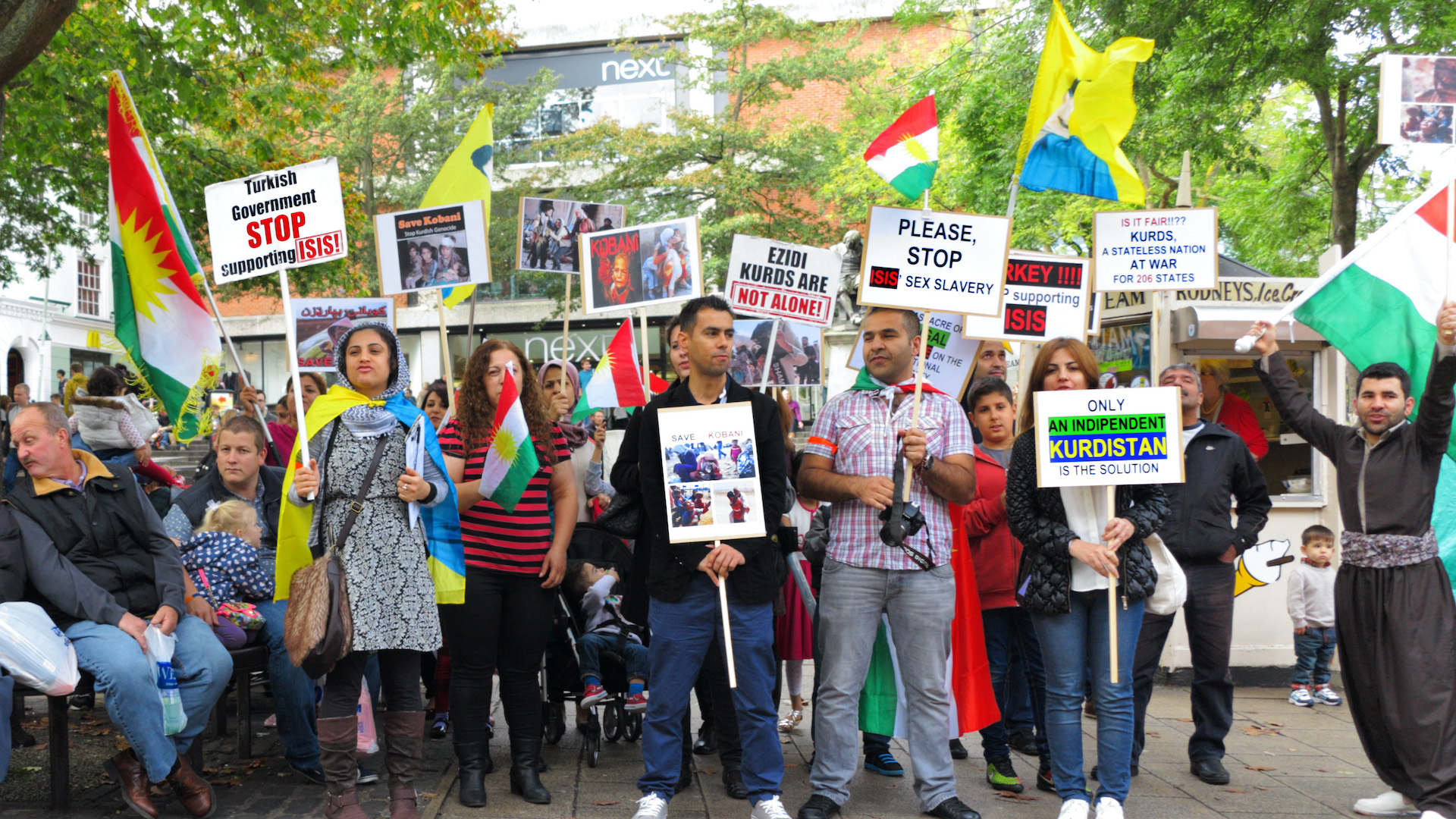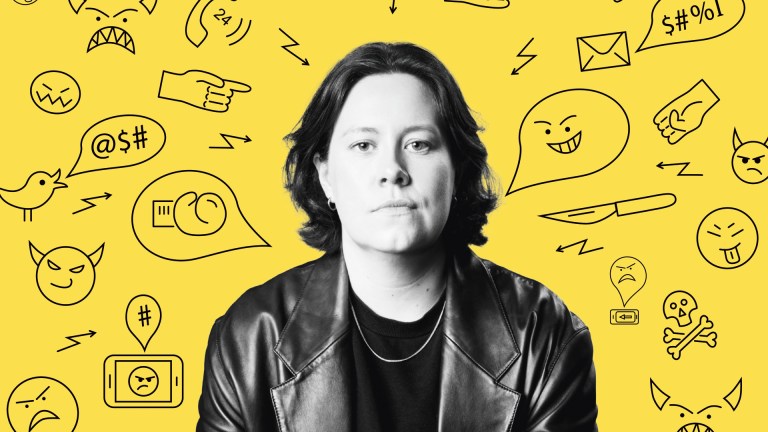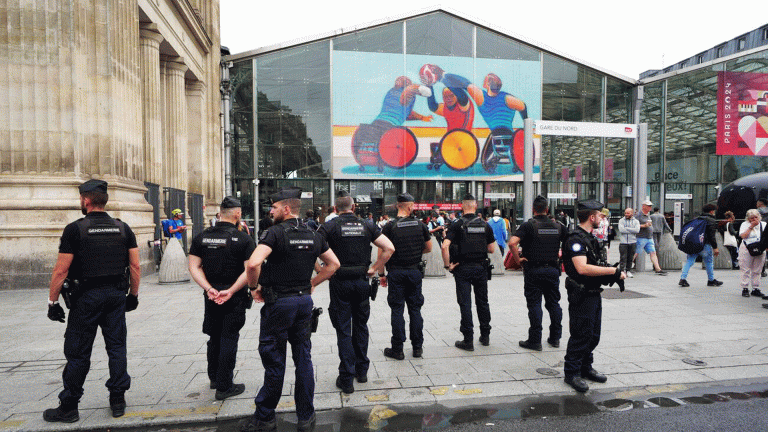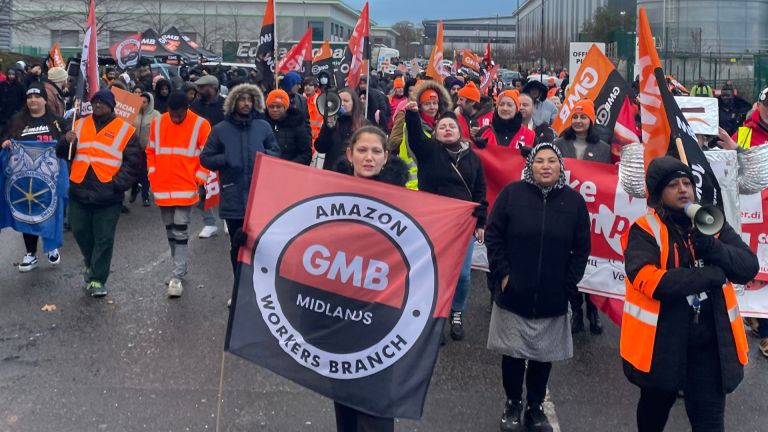Our communities need to be heard now more than ever. This last year has starkly highlighted how unequal and divided our society is, and things are sadly likely to get much harder for many in the months and years to come.
The traumatic mental health legacy of this pandemic is becoming apparent. Unemployment and financial hardship will increase, while funding for support services is likely to decrease. Ensuring our communities are heard and have the opportunity to speak up when they need to will be vital to ensure we rebuild a fairer, more equal society after this pandemic.
Democratic processes should allow people the opportunity to get their issues heard and to influence change, through campaigning, elected representatives, the opportunity to fairly vote and so on.
We are concerned #PoliceCrackdownBill will prevent protest, vital for a fair democracy, & impact Gypsy & Traveller communities & people facing homelessness.
We've joined 150 other charities, organisations, unions, faith groups writing to the Home Secretaryhttps://t.co/K4hFybOzlE— Union Chapel London (@UnionChapelUK) March 15, 2021
They should. However, we know that many feel alienated by these processes, institutions are biased against swathes in our society, processes can appear overly bureaucratic so many just don’t understand how to get involved in them. When these ‘processes’ fail, people must have the right to raise their voices, shout out, and demonstrate about the issues that need to be heard, that need to change freely and peacefully. The right to protest is and must be at the heart of any progressive and true democracy.
Without protest, many of the positive civil rights changes around the democratic world would not have happened. More recently, without the mass protests we’ve seen in the last two years, it is very possible that democratic governments, institutions large and small, and society at large would not be taking greater action on environmental and race-related issues.









